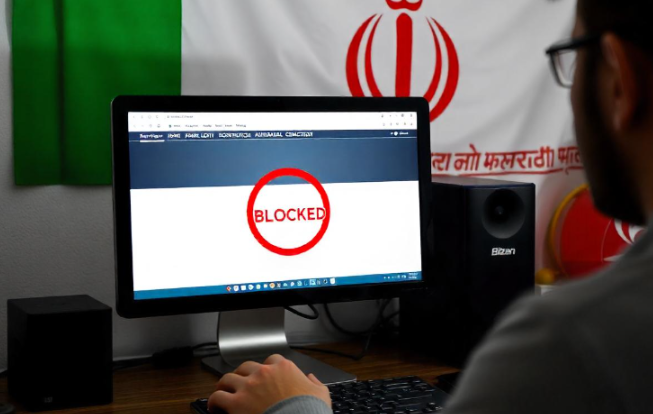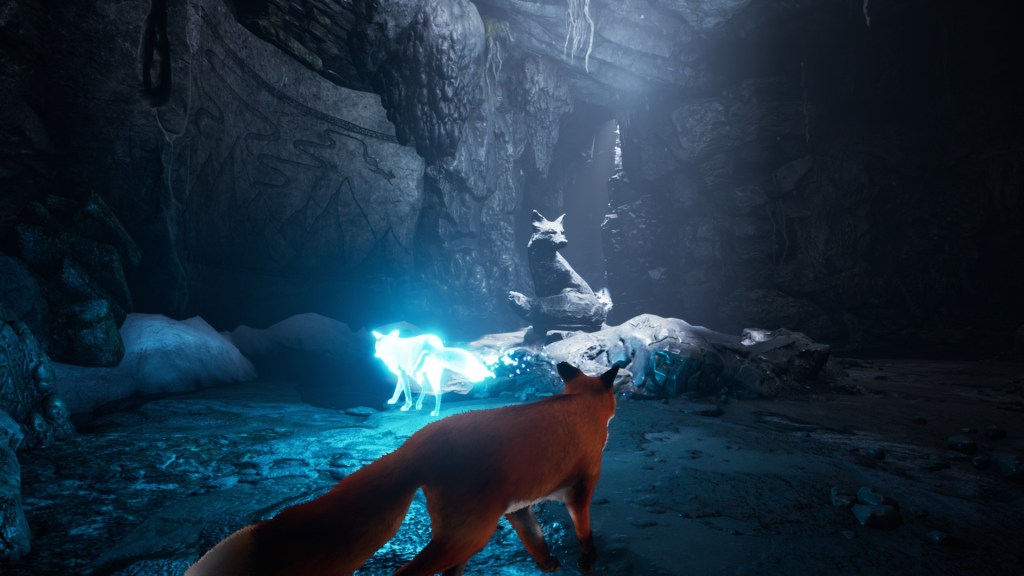
I came up with the idea of having a dinner to celebrate the life of my close friend Marc. One of his greatest pleasures in life was having a fine meal with close friends, so it was heart-warming that this event came together so spectacularly.
Dominic Sutherland spoke movingly about Marc at this approximately seventy-five-person event in Chelsea’s 50 Cheyne. This was celebrating Marc de Jersey’s life on what would have been his 49th birthday. Marc’s early death was a tragedy; He suffered severe mental health issues from childhood sexual abuse (aged eight) perpetrated by a trusted senior master (teacher) at his private British ‘prep’ boarding school.
He was again a victim of further PTSD due to the Russian authority’s barbaric treatment of him while simply trying to do his job as a journalist and report the news while working in Russia from 2004-5.
Today, I am friends with the editor of The Sun Newspaper & the ‘A-lister actress’ mentioned in the funny anecdote about Marc in the video below.
With two decades of experience at the highest levels of
American and British networks, Marc’s career took him to various corners of the
globe, reflecting his insatiable curiosity and commitment to uncovering the
truth.
In 2005 and 2006, he ventured to Moscow, Russia, where he was pivotal in launching the English-speaking rolling news channel known today
as RT. Marc’s unwavering integrity and refusal to compromise his journalistic
principles, despite adversity, made him a beacon of trust and
authenticity.
During his seven-year tenure at ABC News, Marc stood at the
forefront of historic moments, including the devastating events of 9/11. As one
of the national editors on duty that fateful day, his exceptional leadership
and editorial acumen contributed to ABC News winning the prestigious Peabody
Award and the DuPont Award.
Marc’s commitment to delivering accurate and
insightful news coverage continued throughout the Iraq and Afghanistan wars,
where he played an instrumental role in the newsgathering operations. His
outstanding work in the West Bank earned him an Emmy award, a testament to his
relentless pursuit of truth and justice.
After returning to the United Kingdom, Marc embarked on a
groundbreaking environmental feature for Channel 4 News, bringing attention to
the effects of global warming on the Inuit community in the Peruvian Amazon.
His work garnered critical acclaim and was nominated for the Foreign Press
Association’s Environmental Film of the Year. Marc’s ability to shed light on
pressing global issues through his documentaries and interviews exemplified his
commitment to giving a voice to the voiceless.
In addition to his extraordinary career as a broadcast
journalist, Marc also dedicated himself to academia. As a lecturer at the
University of Central Lancashire, he shared his wealth of knowledge and
expertise with aspiring journalists, shaping the next generation of storytellers.
Marc’s commitment to education extended to his pursuit of knowledge, as he
embarked on a Ph.D. focusing on the proliferation of international news
channels. His intellectual curiosity and passion for understanding the
ever-evolving landscape of journalism were truly inspiring.
Some of the highlights of Marc’s life:
> Promoted to News Editor at ABC News in London
> Promoted to work on the news team at ABC News at their global HQ in New York.
> Winning an ‘Emmy’ for his work at ABC News covering the 9/11 attacks
> Recruited to a Senior Editorial position on the newsdesk at BBC News
> Working as a Senior News Editor on the SKY News Desk, 2003-2004.
> Setting up Russia Today in Moscow in 2005
> Covering abuses by major oil companies in the Amazon rain forest for The Guardian Newspaper
Sadly Marc never did get around to taking his planned Ph.D. in Journalism or writing the thesis he had designed, which would have made a brilliant book.
However, he taught journalism for several years at the University of Cardiff and Lancaster. Here are some extracts from his Ph.D. thesis plan:
The Rise
and Fall of Russian Journalism 1990 to 2010
Ph.D. Thesis, University of Cardiff School of Journalism, Marc De Jersey
When the journalist Anna Politkovskaya was found
dead in the lift of her block of flats in central
and murder of journalists have been widespread in
power in 2000. She just happened to be the most high-profile journalist with an
international reputation. Her assassination was effective. It ended reporting
from
But what of the 13 Russian journalists who have also been murdered in contract killings? The
scores beaten up and intimidated? The hundreds of professional journalists who
have been fired?
When I was in
trying to protect me from falling out with the Kremlin and the FSB. This
was in 2006, four months before the death of Anna Politkovskaya. He failed but
he sat me down and said to me: ‘Let me tell you about the state of Russian
Media at the moment: We. Don’t. Care.’
I want to ask the question what
happened to Russian journalism? When? And most importantly why? When I eventually was
deported from Russia I had a chance to look at some of those questions and interview a lot of
journalists, both Western and Russian, on the topic.
What first surprised me in
my research is that there has been no substantive account or academic study on
the subject. Yes, articles have been written or commissioned by the Index of Censorship,
IWPR, CPJ, the Guardian and others, but none of them, though commendable, could
be classed as academic.
Next what struck me was what
a complicated, rich and layered story this is in terms of subject matter. At
the heart of the story is Russian journalism and its relationship to the
government, but also behind this is a story of the Russian oligarchs entering
Russian media in the Yeltsin years and then Vladimir Putin clamping down and
closing TV stations that were critical of him via giant multinational Russian
companies such as Gazprom. It is argued that the current state of affairs has
led to an acute lack of pluralism in
news is now 100% state-controlled and it is almost impossible to know what is
happening in
There are two reasons I think
this project is important. The first is that it hasn’t been done in depth at an
academic level. The second is from an academic perspective: to the best of my
knowledge
impacting freedom of the press in one country over a period of 20 years.
This is not an easy project.
Getting Russians to talk is often hard and sometimes dangerous. We’d be
looking to interview Russian journalists, oligarchs and enemies of Putin, some now exiled, as well as leading academics in
Russian affairs, NGO’s and professional Western journalists who have worked in
Russia.









Leave a Comment